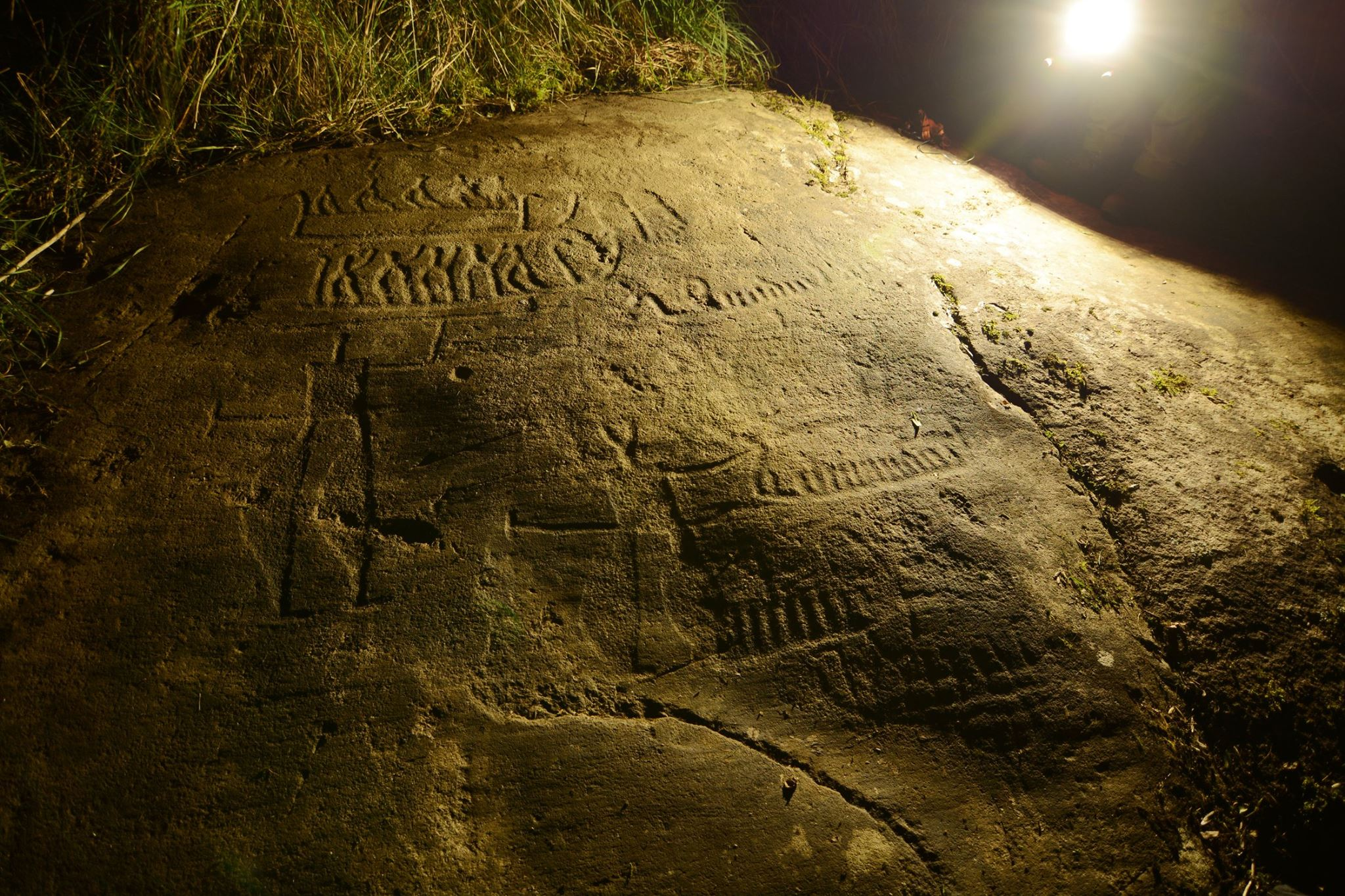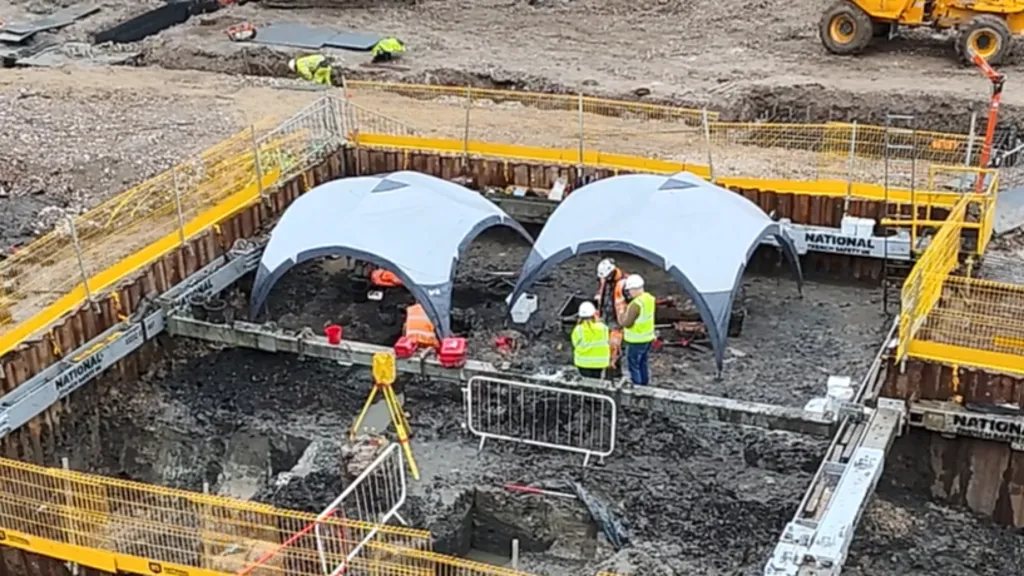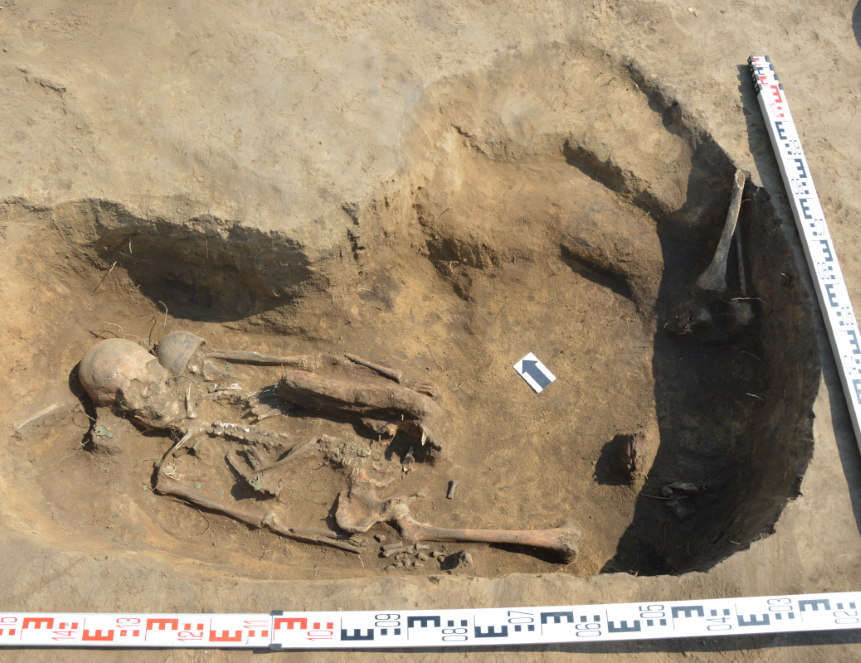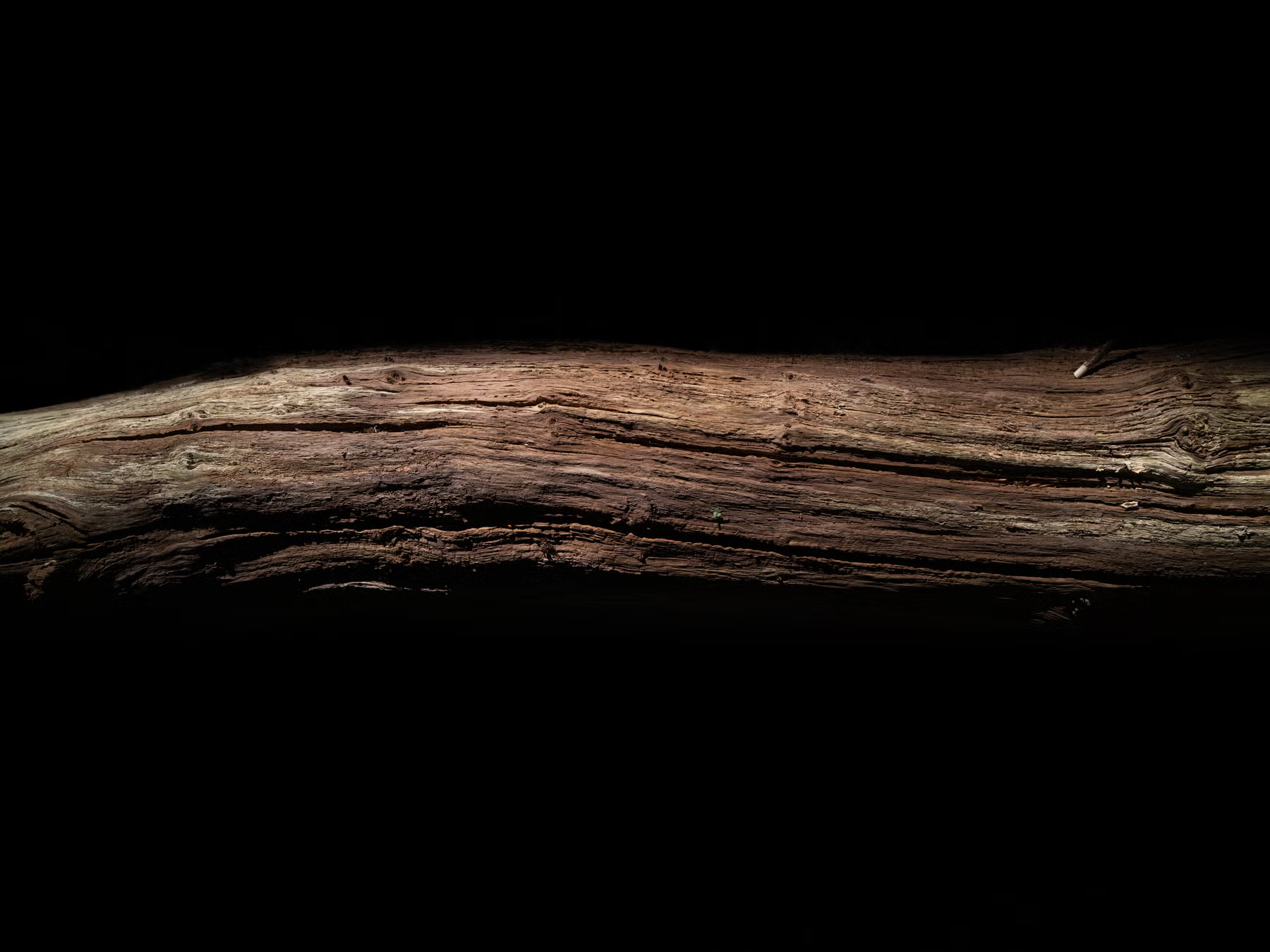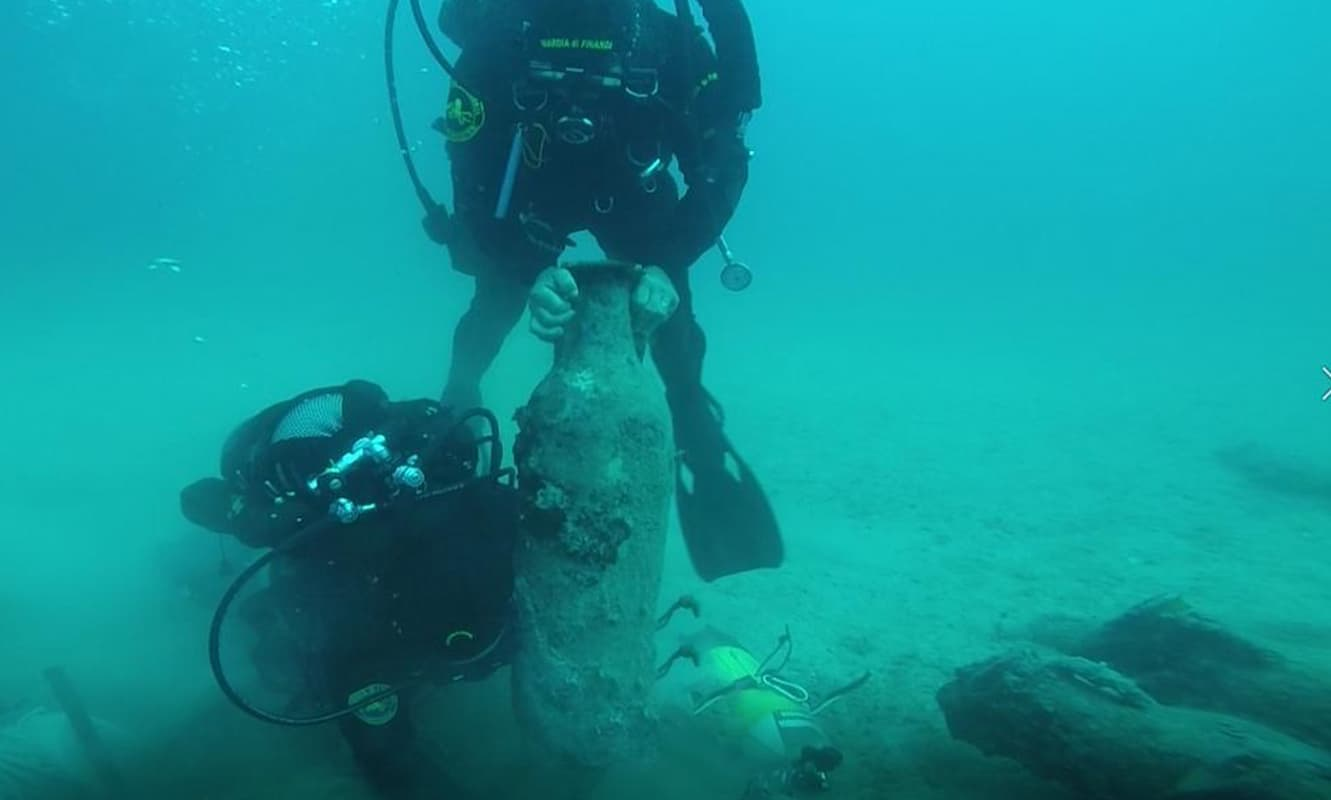Women in Ancient Egypt
Archaeological evidence from ancient Egypt reveals that women held significant roles in society. They could own property, initiate divorce, and engage in trade. Some women, such as Hatshepsut and Cleopatra, even ruled as pharaohs. Tomb paintings and inscriptions highlight their involvement in religious, economic, and political life.
Women in Mesopotamia
In Mesopotamian societies, particularly in Sumer and Babylon, women played essential roles in family and commerce. Legal texts such as the Code of Hammurabi outline their rights in marriage, property ownership, and business. Some women worked as priestesses, scribes, and merchants, contributing to the region’s economy and religious institutions.
Women in Minoan Crete
Minoan Crete stands out for its relatively egalitarian society. Frescoes from sites like Knossos depict women participating in religious rituals, sporting events, and social gatherings. Archaeological findings suggest they held influential roles in governance and spirituality, with priestesses likely playing key roles in Minoan religious life.
Contributions and Status
Despite variations across cultures, women in these civilizations contributed significantly to their societies. Their roles in religion, economy, and governance highlight their importance beyond domestic duties. Ongoing archaeological discoveries continue to reshape our understanding of their influence and status in the ancient world.


